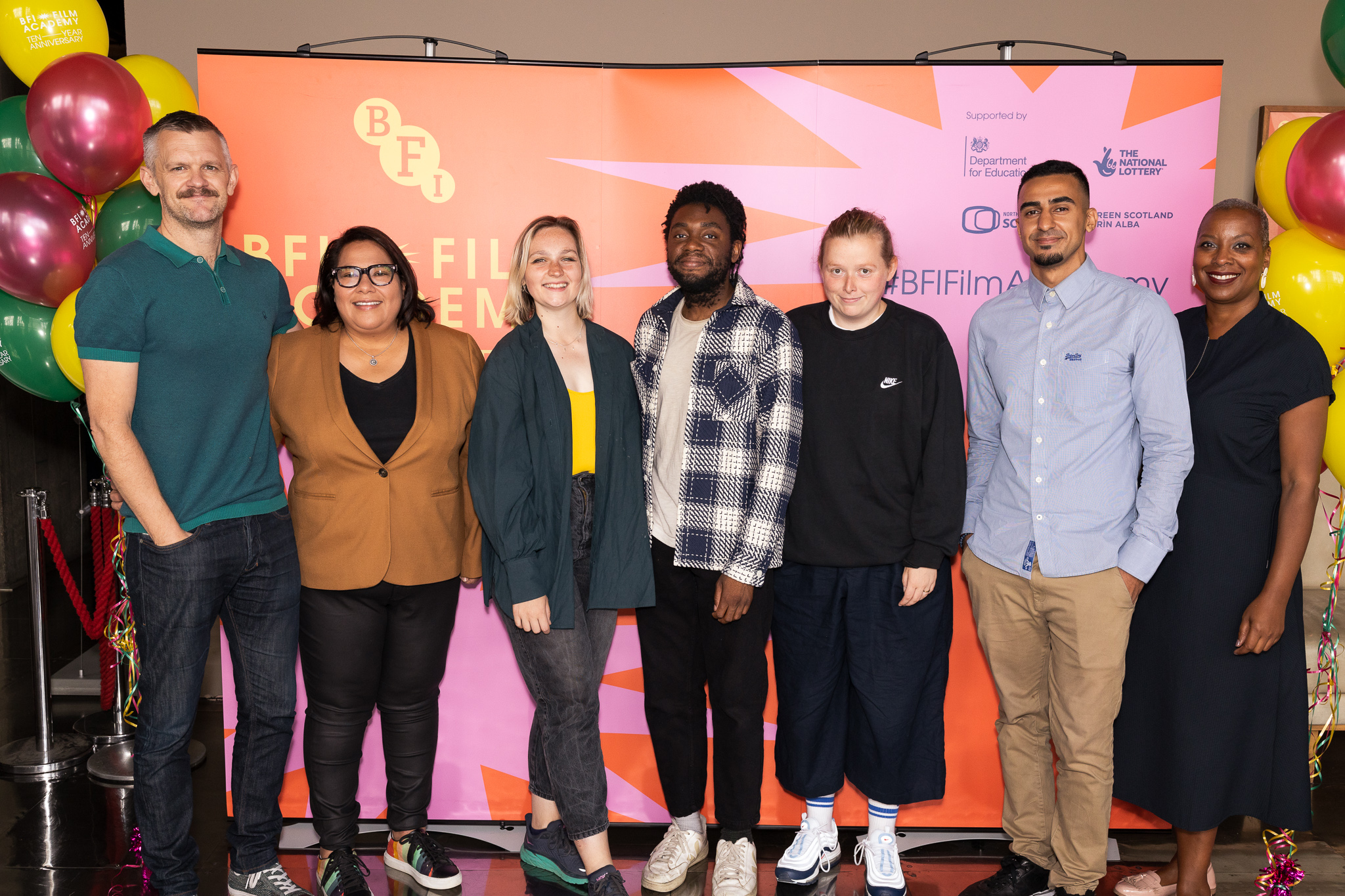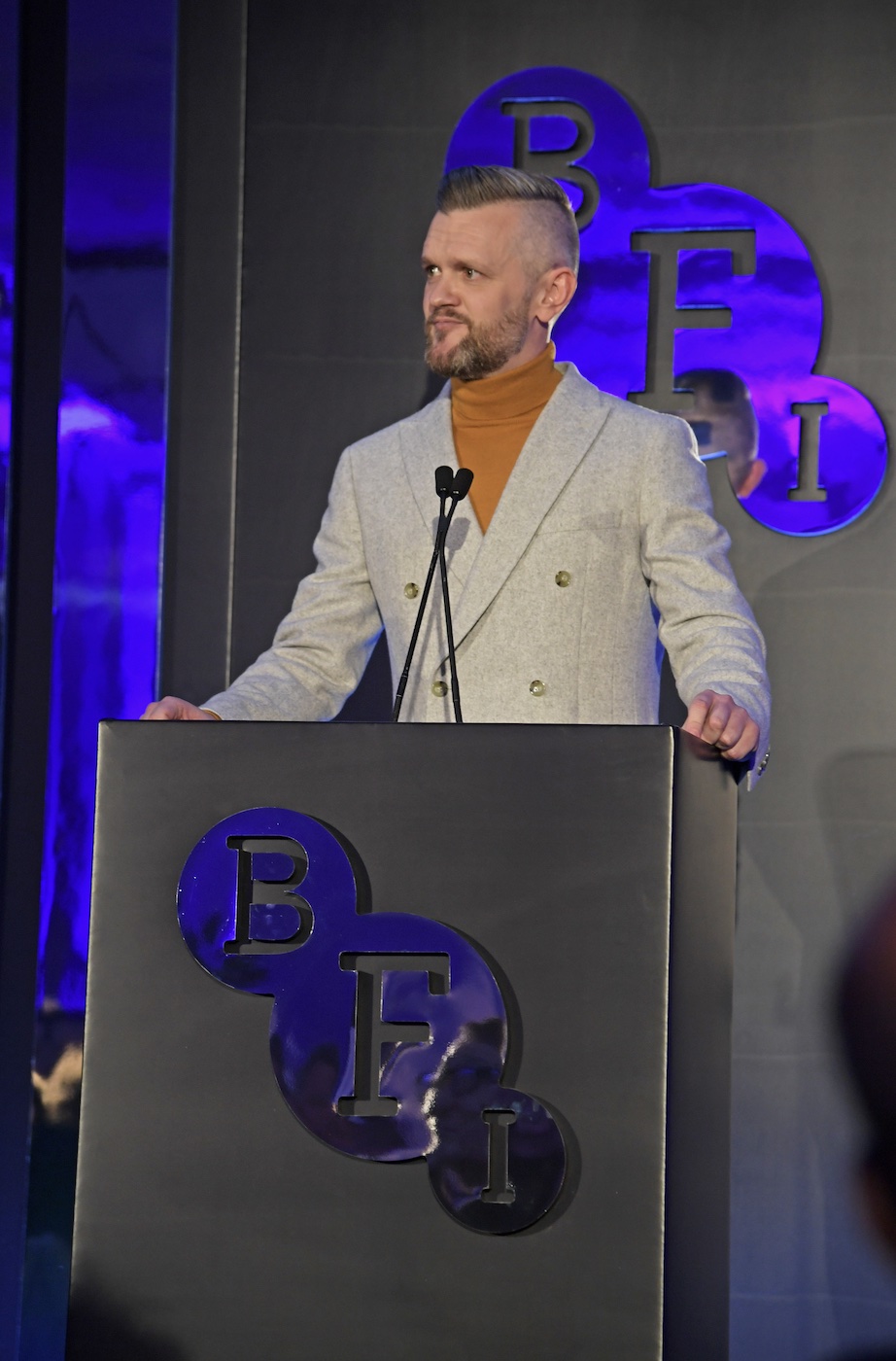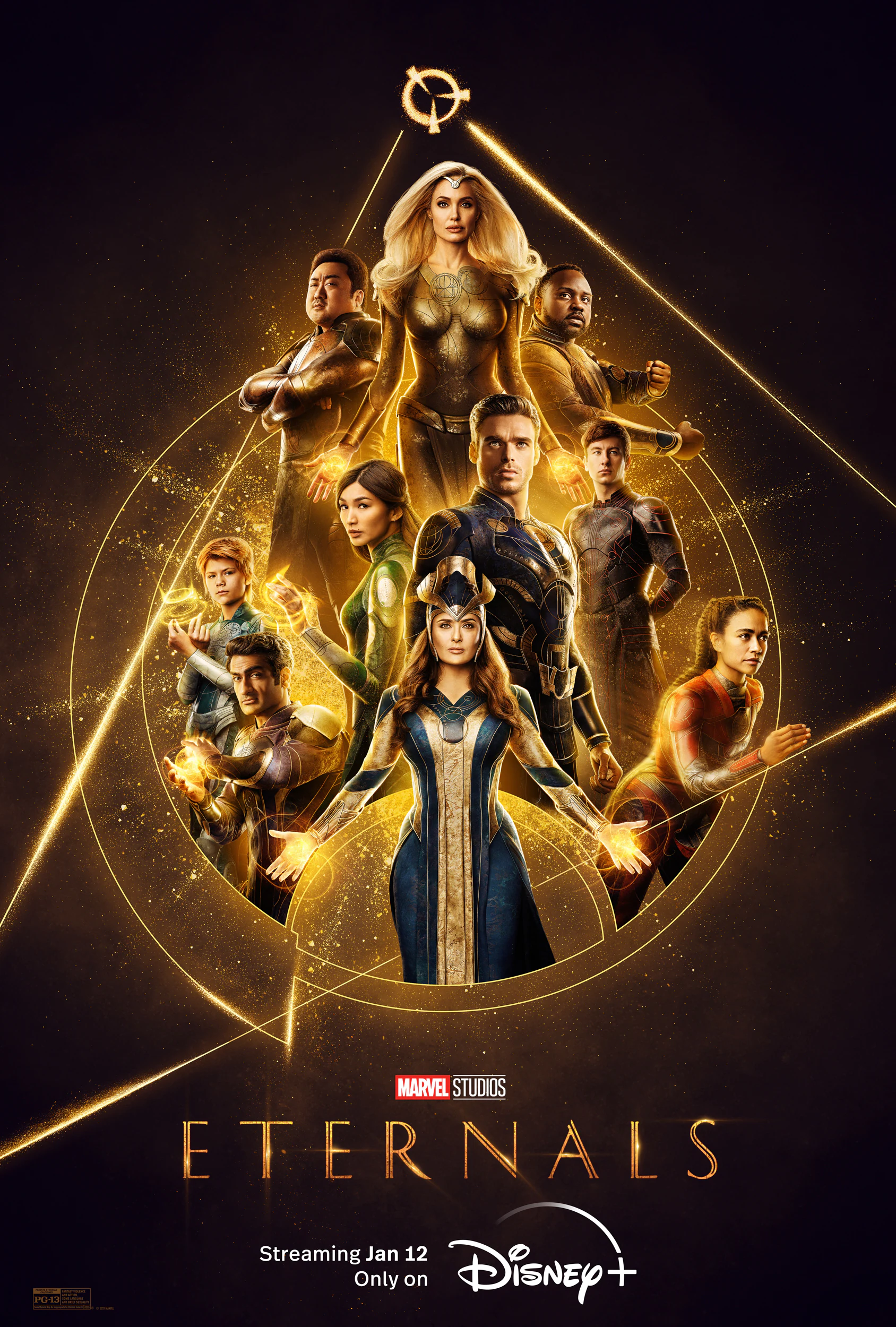BFI boss Ben Roberts criticises Marvel’s ‘surface level’ LGBTQ representation
Ben Roberts tells Attitude's March/April issue that a mainstreaming of LGBTQ cinema is still to happen.

Interview and words: Alastair James; pictures: Provided and Disney
Chief executive of the British Film Institute (BFI) Ben Roberts is “unimpressed” with the “surface level” LGBTQ representation in mainstream cinema such as Marvel’s Eternals.
Taking over the top job at the BFI, the UK’s charitable organisation promoting film and TV, just before the first lockdown in 2020, Ben has been in charge of the organisation during a difficult time but has helped keep it standing.
Speaking to Attitude magazine for the March/April issue – out now – and ahead of the 36th edition of the BFI Flare Film Festival, he also discusses what he thinks is next for LGBTQ cinema.
Ben Roberts (Photo: Tim Whitby)
You started your current role just before the first lockdown. How was that?
I’d been at the BFI since 2012 so I knew the organisation well. When I started this job, I was raring to go. I love the organisation, but it’s been around for 88 years or so; I wanted to shake things up a little bit. Three weeks in, we went into lockdown.
While the pandemic’s been awful, it created this dynamism in the organisation. One of the first things that happened was that Flare pivoted entirely online.
That was an early indicator of how we were going to have to shift to reach audiences, but also what an opportunity we had. Flare had such an opportunity to reach audiences that were either nowhere near London, or in some instances, where it wouldn’t have been safe for them to engage physically with a festival.
So, there have been a few silver linings.

From left: Ben Roberts, Candice Campos, Cecily Bedner, Mdhamiri Nkemi, Charlotte Regan, Ravi Ghelani, and Gaylene Gould (Photo: Millie Turner)
How has the BFI overcome the challenges brought by Covid?
The BFI has a major role in coordinating the industry and did so in terms of the industry’s recovery. We looked at what to do to get the industry back into production and get cinemas reopened. We were really successful in securing funding through the government’s Culture Recovery Fund to keep independent cinemas going.
To our knowledge, no independent cinema in England has closed as a result. That’s pretty amazing. Internally, we recognised we were going to have to live entirely online and now we’re thinking about how we retain the digital audience without throwing the theatrical experience away.

Ben Roberts at the Tilda Swinton Fellowship Dinner (Photo: Brett Sykes)
What’s next for Queer cinema?
There’s going to be a continued mainstreaming of LGBTQ cinema. Certainly, on the gay side, there are a couple of major studio films being produced at the moment that will be released this year. There’s Fire Island, the Bowen Yang film, there’s Bros, the Billy Eichner film. I think they will signify a mainstreaming of representation.
In a way others haven’t?
Let’s wait and see. They don’t feel that different to other films like In & Out with Kevin Kline, which was billed as the first big gay rom-com. There have been others where a film has been embraced beyond an LGBTQ audience, which is a success.
I think TV and streaming services and an emerging generation that cares less about sexuality as a single form of identity is helping break down the idea of gay cinema as niche. We’re still seeing a lot of daring queer cinema that deals with identity, queerness, and shame.
Representation has successfully shifted towards ownership of the story. LGBTQ cinema is rightly starting to really engage with intersectionality too. I think you could look back in the future and feel there’s been quite a whitewashed version of LGBTQ history told through film.
What do you make of LGBTQ representation in mainstream cinema right now?
I’m quite unimpressed with the reaction to representation in mainstream cinema like fantasy superhero films. I think it’s still very paper-thin. If you take Marvel’s Eternals, for example, you can’t just put two characters on screen and say they’re married and then say nothing else about them again and assume your job is done.
What do we know about them? Nothing. What do we care them? Nothing. You’ve not asked us to invest anything in these people. I appreciate that it’s representation on a surface level and we don’t always watch those films for deep character arcs, but actually, why not?

Marvel’s Eternals (Photo: Disney)
What are your thoughts on who should play queer roles?
We’ve benefitted, I think, from high profile straight actors like Tom Hanks in Philadelphia or Heath Ledger and Jake Gyllenhaal in Brokeback Mountain because the audiences were large.
I think that if you can bring a big audience to a piece of cinema and there’s a collective ownership of the work and there’s a sense of allyship, and if that means something is going to be seen by ten times as many people, because an actor brings that audience, I’m all for that.
The 36th edition of the festival runs from 16-27 March 2022. For more information, visit the official website.
